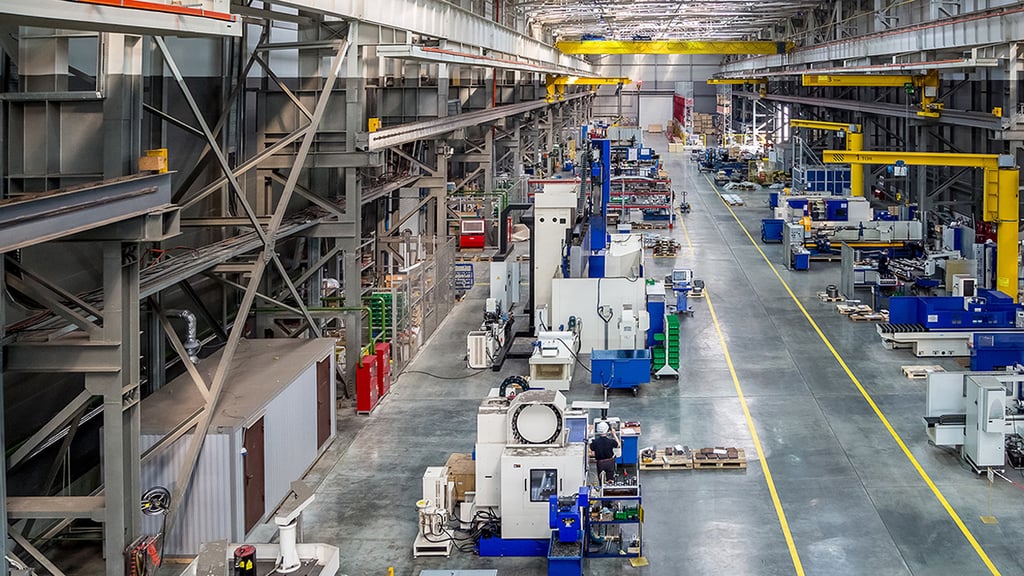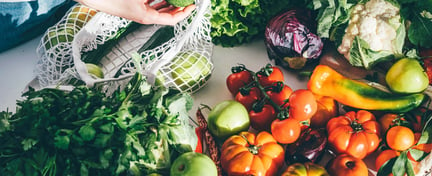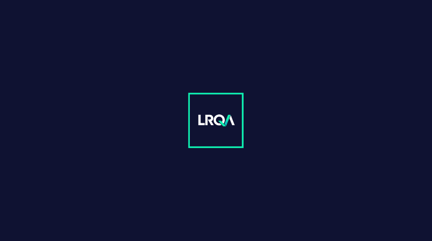Operating in such a competitive sector, food manufacturers are highly adept at reacting to the constantly changing needs and demands of consumers. In today’s market, that increasingly means showing that they are serious about sustainability .
It’s a challenge full of complexity, uncertainty and risk, yet it’s one that every manufacturer is facing. And nowhere is this more the case than with regard to plastics where all of us, as consumers, are conflicted.
On the one hand, there is a large, growing and very public backlash against plastic pollution. 367 million tonnes of plastics were produced in 2020 and just a fraction of this is being recycled. The International Union for the Conservation of Nature estimates that some 14 million tonnes of plastic end up in the ocean each year. Yet we still demand that our food and drinks are convenient, look good, taste good and, of course, are safe. Meeting that level of consumer expectation means that plastic is often the most effective solution.
So, what is the role of standards in helping food manufacturers to ensure they are playing their part in purging unnecessary and environmentally damaging plastics usage - and showing with that they are serious about sustainability, while at the same time meeting the needs of their customers?
The Responsible Plastic Management Standard , launched in 2019, is an obvious starting point. The standard provides manufacturers with practical guidance on how to achieve a robust approach to plastic management, how to measure and manage plastic use responsibly, and how to take positive action to reduce, re-use, and recycle.
In February 2021, Verra released the Plastic Waste Reduction Standard (Plastic Waste Reduction Standard - Verra) as part of the 3R Initiative. The standard incentivises real reduction in plastic waste and investment in projects that collect plastic waste from the environment, as well as recycling through a “plastic credits” scheme. The 3Ri project also produces useful guidelines for Corporate Plastic Stewardship (Guidelines for Corporates | 3R Initiative), providing a vision that companies can follow in managing their plastic footprint and identifying actions within their value chain to reduce it.
Whilst it’s not always possible to eliminate plastics without sacrificing food safety or quality, there are many steps that can be taken by food manufacturers to reduce waste and carbon footprint, without necessarily reinventing products and operating models. Standards such as these represent an important step towards improved transparency and reporting and just as importantly, they drive measurement, so that we can demonstrate the positive impact these actions can have on the environment.



